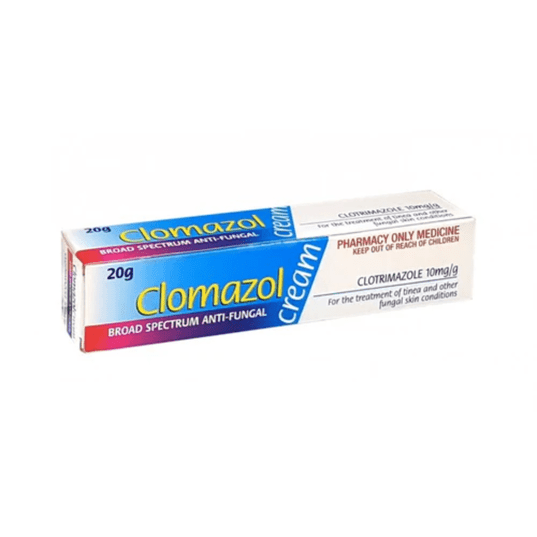Fungal Skin Infections
What is a fungal infection?
Fungal organisms love warm, moist, dark places – which is why the most common fungal infections occur in skin folds and creases, most often on the arms, legs, chest, face and scalp (ringworm). Others are tinea between the toes (athlete’s foot), or in the groin (jock itch), and candida, a yeast-like fungus that lives in the gut, mouth or vagina but can get out of control, causing thrush.
How do fungal infections spread?
Fungal spores in the skin are usually kept under control by our immune system, and other “helpful” microorganisms. Several factors can lead to an infection:
- taking antibiotics, which kills the helpful microorganisms;
- having a compromised immune system due to illness;
- hormonal changes during pregnancy;
- high blood-sugar levels in people with diabetes.
What are the symptoms?
- Mouth thrush – stinging or itching white patches.
- Vaginal thrush – itching, pain and discharge.
- Ringworm (skin) – red, itchy, scaly patches in a ring pattern.
- Ringworm (nails) – thickened, discoloured nails that can get painful and crumble.
- Athlete’s foot – pale, itchy, soggy patches between the toes.
- Jock itch – itching and redness in the groin areas.
Prevention and treatment
Most fungal infections are irritating and unpleasant. You can help prevent infection spreading through hygiene and self-care, including:
- Dry yourself thoroughly after showering or bathing.
- Wear loose clothing made of natural fibres.
- Go barefoot frequently to allow your feet to dry out, except in areas where picking up a contagious fungal infection like ringworm is a high risk, such as swimming pools.
- Ringworm and other fungal skin infections can be avoided by ensuring that your pets don’t have it.
Treatment for fungal infections
Topical anti-fungal sprays and creams, and shampoos, applied directly to the infected area of the skin, hair or scalp, will usually get rid of the offending microorganisms. These are available from our pharmacy. Click here
Miconazole Cream is a broad-spectrum Anti-Fungal cream. Miconazole Cream is for the Treatment of: – Tinea – Athletes Foot – Ringworm – Thrush infections of the skin.
Note: If symptoms persist after 3 weeks treatment, consult your Doctor.
Clomazol Cream
Clomazol Broad Spectrum Anti-Fungal Cream is for the effective treatment of fungal skin conditions including tinea, athlete's foot, ring worm and candidal infections such as nappy rash.
Directions:
Thoroughly clean and dry the affected area. Apply cream 2-3 times daily to the affected area and rub in well. Continue applying cream for 2 weeks after the symptoms cease, to avoid recurrence.
For vaginal thrush, use anti-fungal creams or pessaries. Click here
Seek advice from your doctor or pharmacy if the problem worsens, for example if a tinea-type fungal infection is widespread or doesn’t clear up with topical treatment.
Drop in and see us, or get in touch to see how we can help you treat fungal infections.
For more information:
https://www.healthnavigator.org.nz/health-a-z/t/tinea-skin-infections/
Our Opening Hours
Monday - Friday
8.00 AM - 7:00 PM
Saturday & Sunday
9:00 AM - 6:00 PM
Contact us
Phone: 03 xxx xxxx
Email: email@mylocalpharmacy.co.nz
Address 1
Address 2
City Postcode
New Zealand
